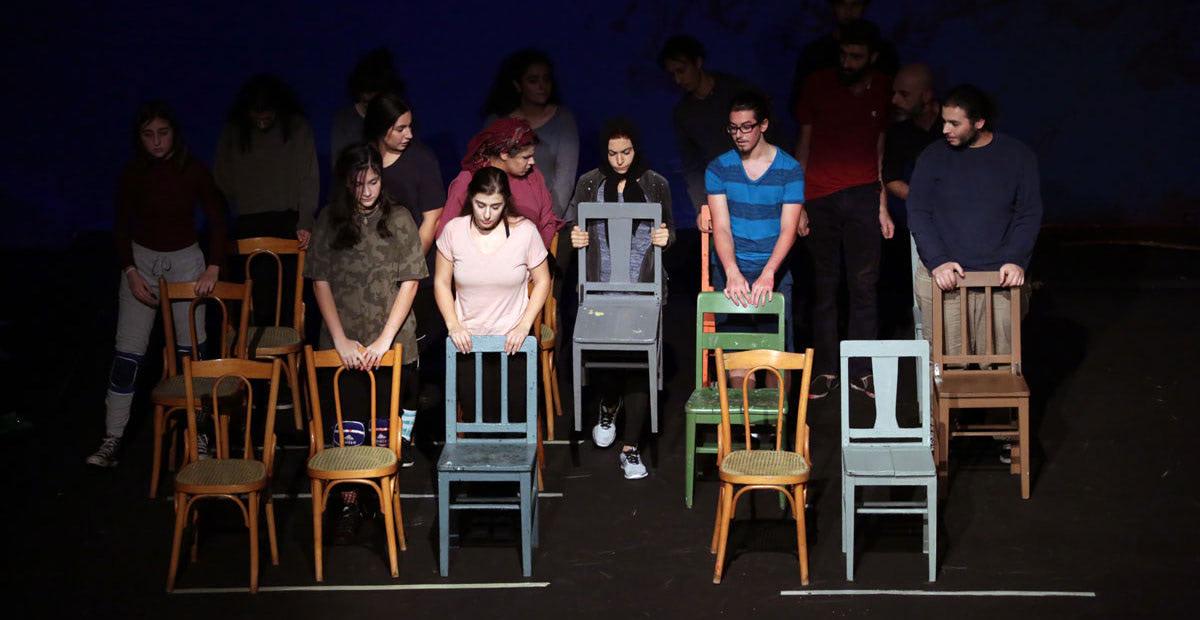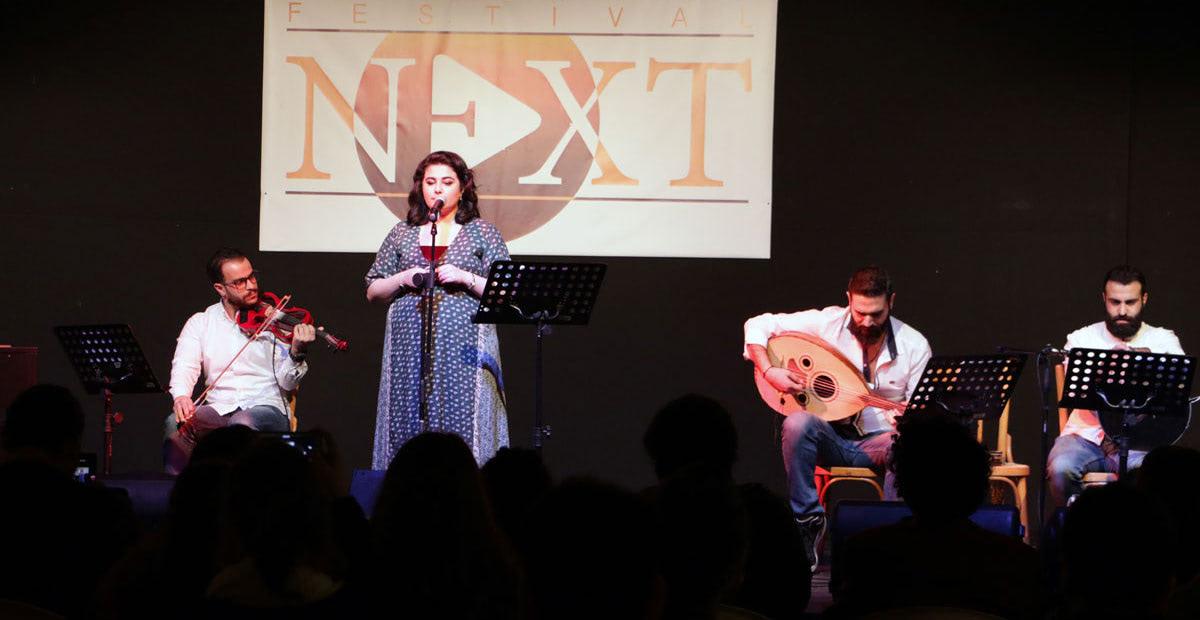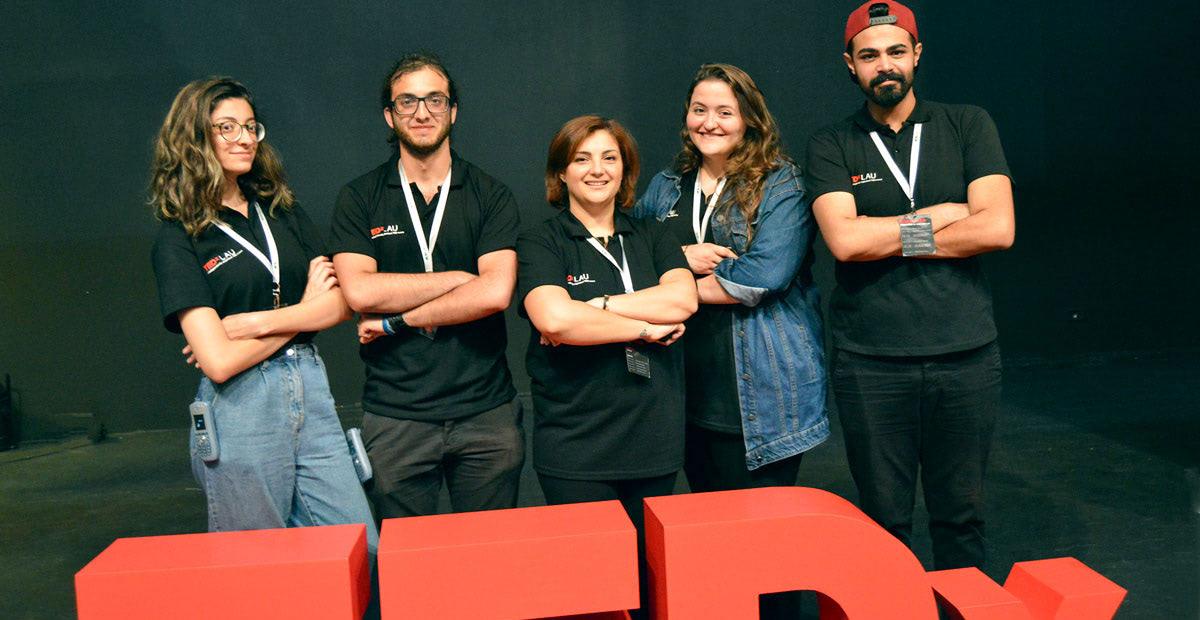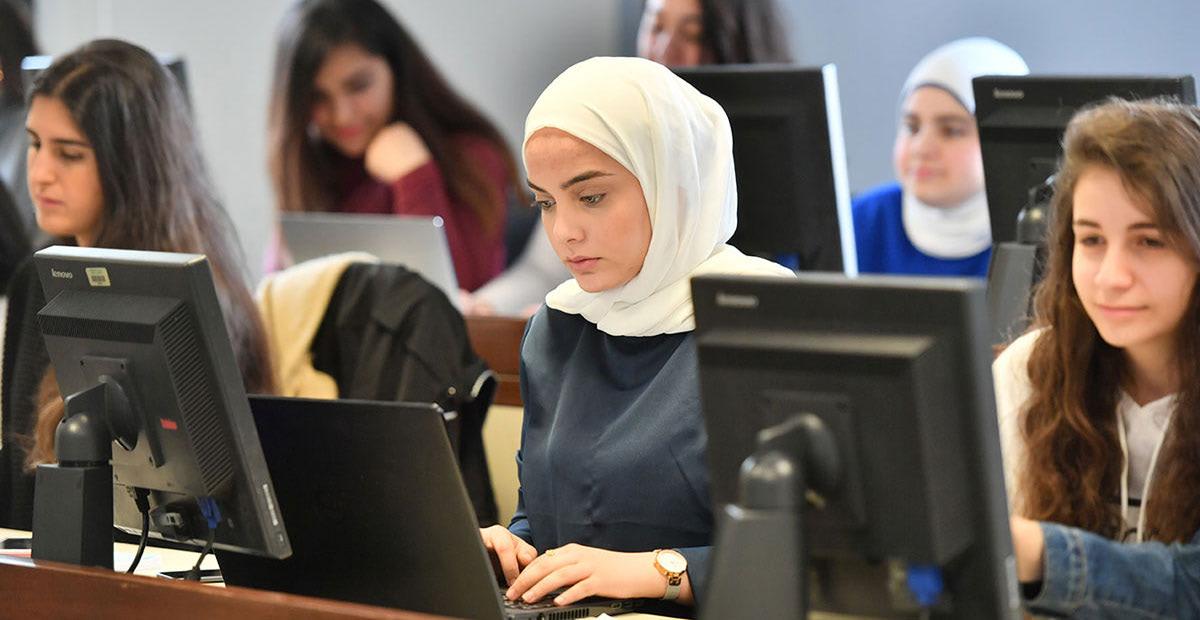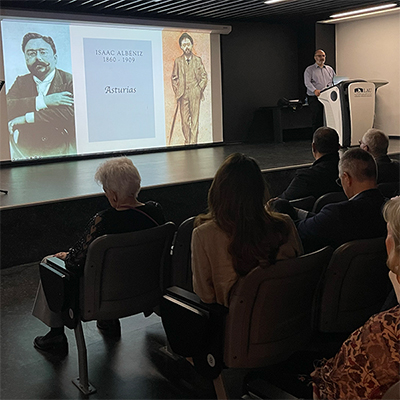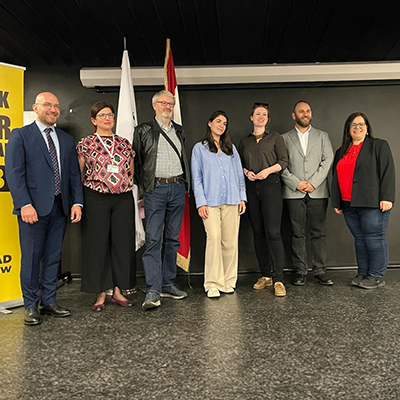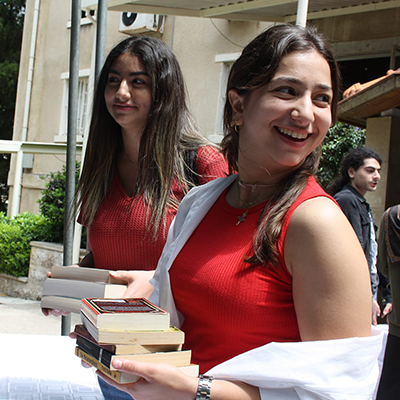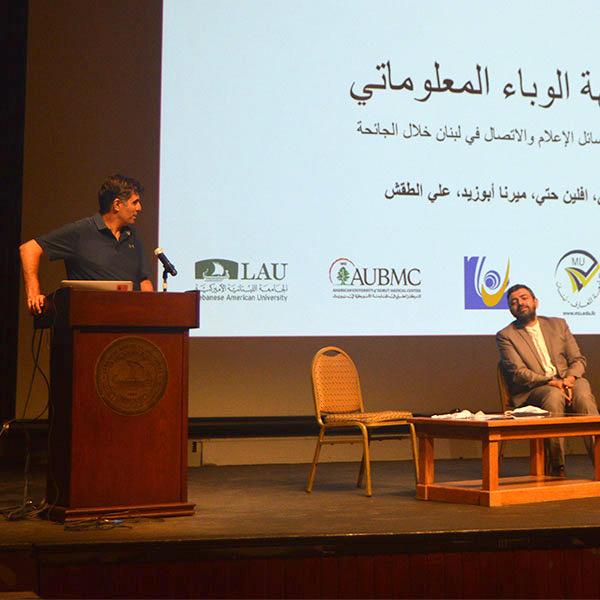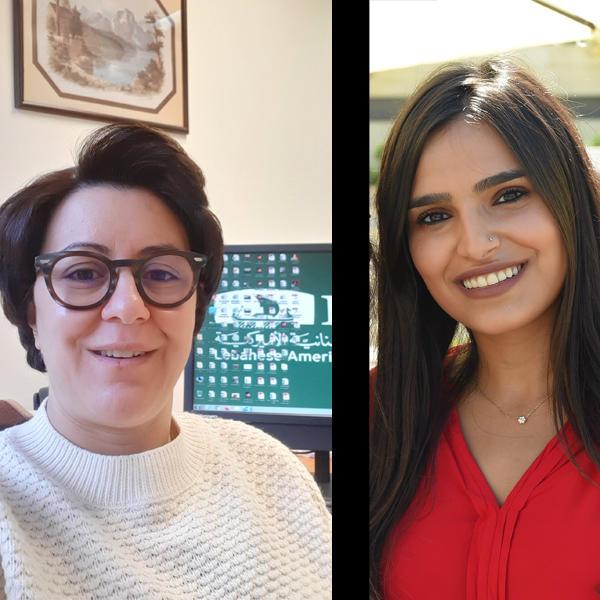Communication, Arts & Languages
The Department of Communication, Arts and Languages (CAL) is a multidisciplinary entity at LAU encompassing the various branches of arts in the School of Arts and Sciences. This includes Literature, Language, Performing Arts, Visual Arts, Communication, and Humanities. It also hosts the Academic English Sequence that serves all students. The department adopts innovative education based, mainly, on Liberal Arts, and aims to promote the culture of learning which dovetails theory and practice, and enhances the culture of critical, analytical and creative thinking. It offers nine undergraduate BA degrees in addition to several minors in relevant disciplines. It also endeavors to fulfill the mission of LAU and the School by educating young learners in Lebanon, the region and beyond, by advancing scholarship, and by contributing to preparing students to serve the common good of their communities and humanity at large.

